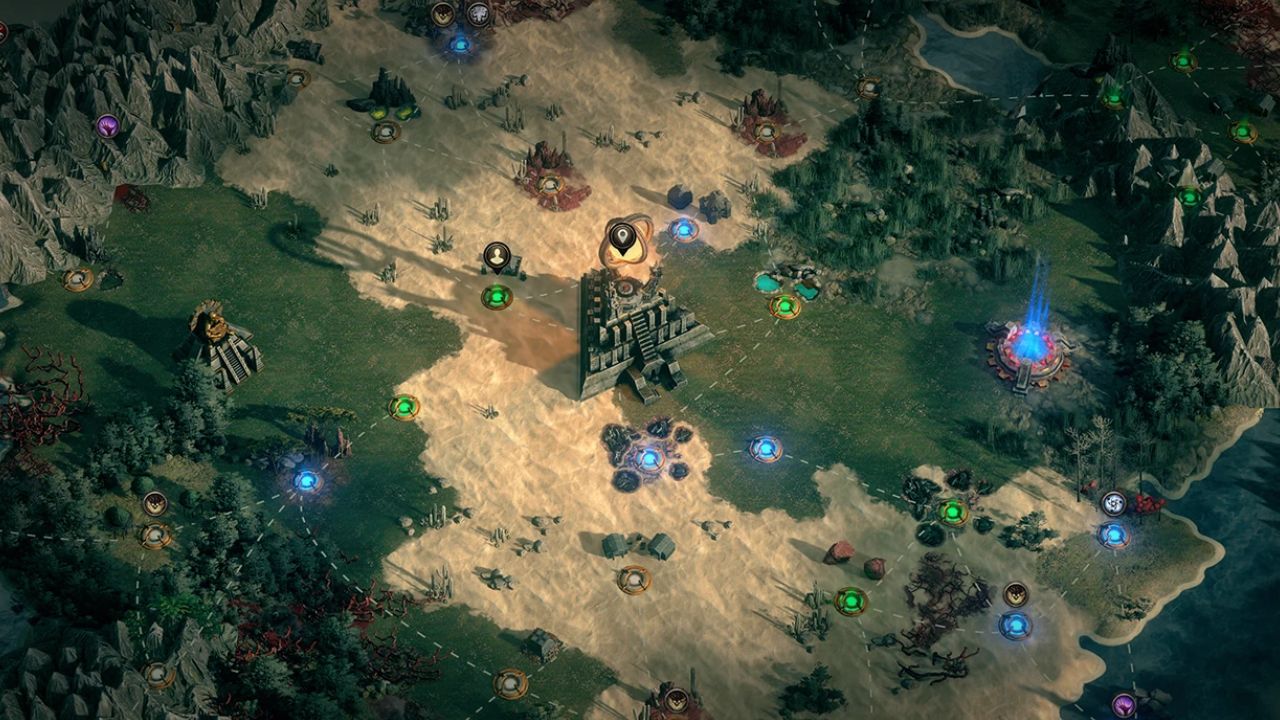Mobile gaming has exploded in popularity, but many players find themselves trapped in expensive games that promise adventure and community. Most mobile MMORPGs use sneaky tactics to drain players’ wallets through constant upgrade prompts, limited-time offers, and pay-to-win systems that make real progress nearly impossible without spending money.
The majority of mobile MMORPGs are designed as cash-grab scams because they prioritize profit over gameplay, using psychological tricks to encourage endless spending rather than creating genuinely fun experiences. These games often start free but quickly become frustrating without purchases, leading players to spend far more than they intended.
Understanding how these scams work and learning to spot red flags can save players hundreds of dollars and countless hours of frustration. This guide will show players exactly what to watch for and how to find mobile MMORPGs that actually deliver on their promises without emptying bank accounts.
Why Most Mobile MMORPGs Are Just Cash-Grab Scams?
Mobile MMORPGs often prioritize profit over player enjoyment through aggressive monetization schemes. These games use psychological tricks to push spending while delivering shallow gameplay experiences.
What Makes a Mobile MMORPG a Cash Grab?
A cash-grab mobile MMORPG focuses on extracting money from players instead of creating fun gameplay. These games launch quickly with flashy graphics but lack depth.
Pay-to-win mechanics dominate the experience. Players must spend real money to compete with others or progress at a reasonable pace.
The games copy successful titles without adding new features. Developers reuse the same basic formula with different skins to appeal to various audiences.
Limited content becomes obvious after a few hours of play. Players encounter repetitive quests and boring grinding activities.
Most cash-grab games shut down within 1-2 years. Developers move on to the next quick money-making project instead of supporting their current game.
How Do These Games Trick Players Into Spending Money?
These games use several sneaky tactics to encourage spending. Time gates force players to wait hours or days to continue playing unless they pay.
Loot boxes and gacha systems create gambling-like experiences. Players spend money hoping to get rare items but usually receive common rewards.
Limited-time events create urgency and fear of missing out. Players feel pressured to spend immediately or lose exclusive items forever.
VIP systems offer monthly subscriptions that seem cheap but add up quickly. These memberships provide basic features that should be free.
Energy systems limit how much players can do each day. Running out of energy stops gameplay unless players pay to refill it.
The games shower new players with free premium currency. This generosity disappears quickly, leaving players wanting more of what they experienced.
What Happens to Fun When Money Comes First?
Player enjoyment suffers when games focus on profit. Artificial difficulty spikes appear whenever the game wants players to spend money.
Social features become pay-to-participate systems. Guild wars and competitive events favor players who spend the most money.
Story content gets chopped into tiny pieces behind paywalls. Players must pay to unlock basic narrative progression.
The community becomes divided between paying and free players. This creates an unfair playing field that destroys the social aspects of MMORPGs.
Game balance breaks down as developers add stronger paid items. Free players can no longer compete or enjoy endgame content.
Regular gameplay turns into a constant sales pitch. Pop-up offers interrupt immersion and remind players they need to spend money to have fun.
Spotting and Avoiding Cash-Grab Mobile MMORPGs
Learning to spot warning signs helps players avoid games designed to drain their wallets. Smart players can still find quality mobile MMORPGs by knowing what to look for.
What Warning Signs Should Players Watch For?
Pay-to-win mechanics are the biggest red flag. Games that sell powerful weapons, armor, or abilities for real money create unfair advantages. Players who spend more money always beat those who don’t.
Excessive wait times signal trouble. Good games don’t force players to wait hours or days to progress. Cash-grab games use timers to push premium currency sales.
Confusing currency systems hide real costs. Games with multiple currencies make it hard to track spending. Players lose sight of how much real money they’re using.
Limited inventory space forces purchases. When games give tiny storage but sell expansion slots, it’s a warning sign. Players can’t enjoy the game without buying more space.
Energy systems that stop gameplay are problematic. Games that limit play time to minutes per day want money for refills. Quality games let players enjoy extended sessions.
Constant pop-up offers show greedy design. Games that spam purchase prompts every few minutes care more about sales than fun.
How Can Players Find Quality Mobile MMORPGs?
Read recent reviews from real players. Look for comments about spending requirements and gameplay balance. Skip games with complaints about expensive progression.
Try free-to-play periods before spending money. Good games stay enjoyable without purchases for weeks or months. Cash grabs become frustrating within days.
Check developer history and reputation. Companies known for quality games usually maintain standards. Research their previous releases and player feedback.
Look for cosmetic-only purchases. Games that sell appearance items instead of power upgrades respect player choice. These monetization methods don’t affect gameplay balance.
Find games with fair progression systems. Quality MMORPGs let dedicated players advance through skill and time investment. Avoid games where money is the only path forward.
Join gaming communities for honest opinions. Other players share experiences about hidden costs and gameplay quality. These insights help avoid expensive mistakes.



